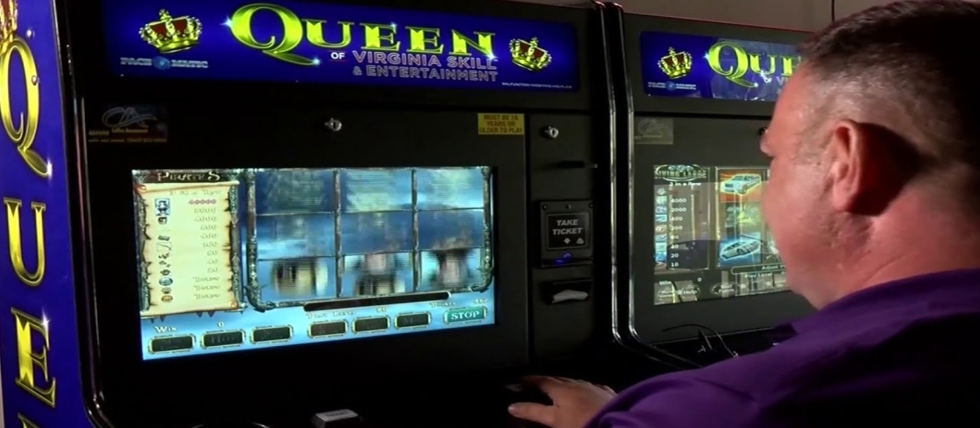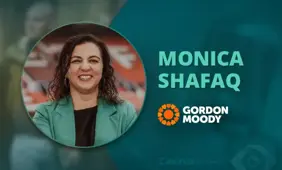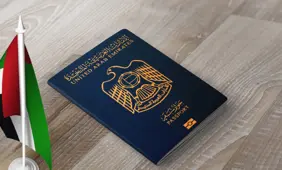Skill Games Remain a Contested Subject in Virginia

A legislative committee in Virginia will examine the legal disagreement surrounding skill games. The focus will be on finding a solution for the contentious issue of regulating the operation of these gaming machines within the state.
Skill Games Continue to Face Controversy
During the COVID-19 pandemic, Virginia introduced legal skill games aimed at helping small businesses recover lost revenue. However, as of July 1, 2021, the state decided to ban these games.
That led to a lawsuit and companies were permitted to keep running the games while the legal battles unfolded. Last October, the Virginia Supreme Court reversed the order, stating that the judge had made a mistake.
Related: Legislative Push to Legalize Skill Gambling Games in VirginiaThe Virginia Legislature is currently looking to address the subject through a legislative conference committee comprised of representatives and legislators in the upcoming weeks. If the committee reaches an agreement, they will draft a resolution to be deliberated in both chambers of Virginia's government. If the majority supports the agreement, it will then be submitted to Glenn Youngkin for final approval.
Governor Youngkin backs skill games, stating that legalizing it will aid in cracking down on underground gaming activities. Nonetheless, his office has raised significant apprehensions regarding two bills introduced by legislators to regulate the machines.
Political Divide Stalls Progress
Legislation has been passed by both the state House of Representatives and Senate to remove the existing prohibition on skill games. The bill differs between the two chambers, with the House proposing a 30% tax rate and the Senate suggesting a lower 22% rate.
The new legislation permits the operation of multiple machines simultaneously, with a limit of two in convenience stores and five in truck stops. In contrast, the Senate bill permits up to three in convenience stores and up to seven in truck stops.
Furthermore, the two bills present contrasting approaches in reporting data for tax purposes. The House bill mandates access to operators' financial data, while the Senate bill wants to rely on self-reporting by the businesses.
The House bill also sets a limit on the amount of money companies can make from hosting professional games, capping them at 20% of the total revenue. Yet, with the proposed adjustments, this cap will go up by 50%, giving skill games hosts the opportunity to collect half of their earnings from the machines. The Senate regulations do not include any restrictions.
Under the House bill, the Virginia Lottery would assume responsibility as the state's skill games regulator, while the Senate proposal would task the Virginia Alcoholic Beverage Control Authority with overseeing the machines before transitioning to the Lottery. The Department of Agriculture and Consumer Affairs now manages charitable games in the state, potentially leading to three state agencies in contention for control.
More Business News
RELATED TOPICS: Business
Most Read
PAGCOR Board Members Submit Courtesy Resignations Following Presidential Directive
May 30, 2025Must Read
 Interviews
Interviews
Sweepstakes Casinos: Thriving in an Ever-Changing Industry – Interview with Attorney Stephen C. Piepgrass
Feb 17, 2025 Interviews
Interviews






Review this New Post
Leave a Comment
User Comments
Comments for Skill Games Remain a Contested Subject in Virginia